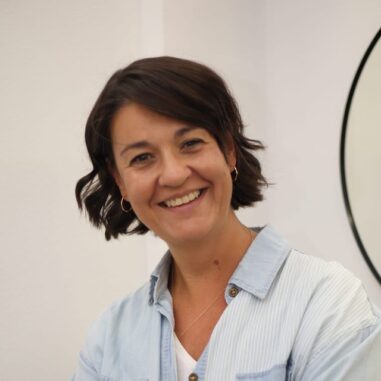When one has any type of discomfort, the impulse of every living being is to remove it. When the living being is a human being and the discomfort is emotional, the conscious impulse is to get rid of it. This impulse is even more powerful when the bearer of the discomfort is a minor in our care, a child whose discomfort also affects us and makes us suffer.
I would like to reflect on that impulse that leads us to look for a quick solution, to want to get rid of what makes us or our loved ones suffer. The search for a quick solution is incompatible with any psychotherapeutic process, since this process must be carried out little by little, “on a slow burn”, through reflection, being able to think about how much the sufferer is willing to get involved in it, either financially or mentally. as its active subject.
And this reflection is absolutely necessary and fundamental, since being part of a psychotherapeutic process requires an important effort. Be willing to explore one’s own discomfort, to explore how much one generates discomfort in others, to let emotions emerge and carry out active internal searches to try to find triggers, associate the current discomfort with other discomforts, other situations that come to consciousness and be able to share it. generously in the therapy space. Obviously this emotional commitment is sometimes painful, it involves entering rarely traveled places, it brings out very intense sensations, emotions, and feelings, but it is obviously transformative if one is willing to do so.
The therapy space is a privileged place that provides security, a quiet space, a place of trust of which both patient and therapist are part and both have created. A reflective and committed space that only makes sense to the extent that the patient-therapist dyad is willing to get involved, to commit from different positions.
In the therapy space, one tends to reproduce the way one relates outside, the way one approaches others, the way one faces challenges, the way one expresses pain, communicates, the way one connect and feel. It is therefore a great laboratory in which, if the patient is willing and able to trust, they will be able to advance little by little, acquire insight, stop functioning automatically to be a little more aware of their way of doing, acting, feeling, to think and thus feel much freer and with less burden.
Of course, the therapy space is a useful space for life, but as long as one is willing to respect oneself in it, to make a commitment and adjust what one expects to what each one can get involved in. It is therefore important to make a prior analysis about the effort that the patient, the mourner, is willing to make, because that is where the progress of the therapy lies.
The objective of this process is to reduce the initial discomfort we were talking about, reduce the symptoms, be more aware, accept the circumstances without running away, tolerate listening to others and not feel attacked.
That is why it is of great importance to take time to reflect on what brings us to therapy, what one can get involved in, be honest with oneself and thereby adjust expectations to allow oneself to have a good experience that is beneficial to everyone. despite the resistance.
See you at Tranquilamente.
Eduvigis Contreras Martinón
Eduvigis is a Clinical Psychologist and Therapist at Tranquilamente.





